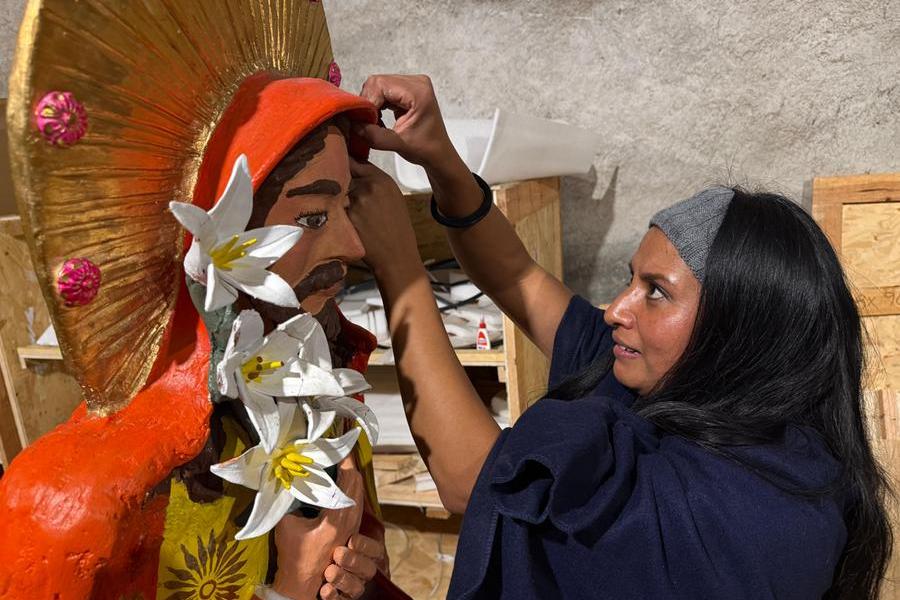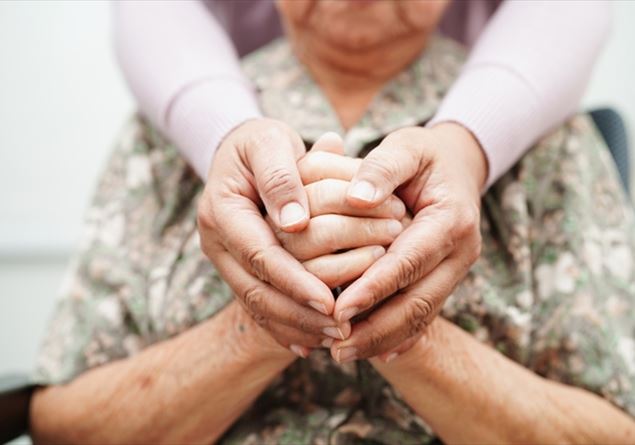According to estimates, the monetary value of unpaid care work amounts to 473.5 billion euros per year, equal to 26% of the Italian GDP. Yet, the poor social and economic enhancement of these activities continues to penalize millions of people, mostly women, who daily support families, communities and welfare.
The main results of the investigation
Trap effect: for three quarters of the women interviewed, the care work is not a choice but a necessity that extends for years, with an average of over 13 years dedicated full time.
Sandwich effect: many caregiver, especially between 40 and 60 years old, are crushed between the care of their children and that of the elderly parents.
Burn-out and health risks: 90% of the caregivers of non -self -sufficient adults and elderly are women, often exposed to shifts exceeding 55 hours per week and at high risk of insulation, stress and domestic accidents.
Participation in paid work: almost half of the mothers leaves the job after the birth of the first child. In Italy over 3.2 million inactive people have declared that they were out of the labor market due to the responsibilities of care; 95% are women.
Poverty in the elderly: poor adhesion to public and private pension funds exposes many domestic workers and caregivers to a high risk of future social exclusion.
The recommendations
The study identifies ten priority lines of action:
1. Recognize and enhance unpaid care work as an essential contribution to society and economics;
2. Encourage greater participation of women in paid work to fight demographic decline and support welfare;
3. Develop a national care strategy, in line with international and European standards;
4. Strengthen social security and injury prevention systems;
5. Promote Awareness campaigns to break down stereotypes and recognize dignity and equal opportunities to those who carry out care work.










